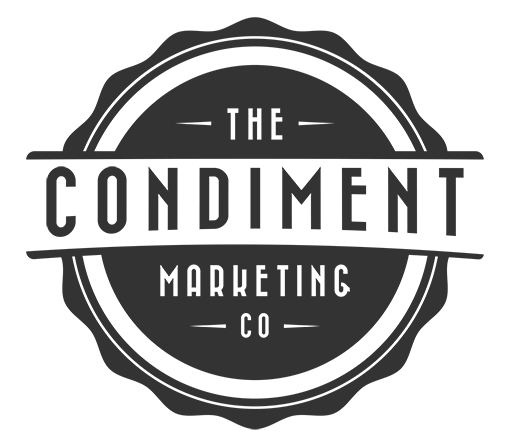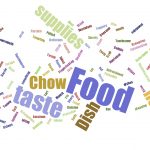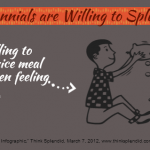According to the Federal Trade Commission (FTC), a website, social media profiles, images, and all other marketing materials are an extension of a product label. That means any health claim you make, anywhere in your marketing, must be 100% accurate or you can expect to be held accountable.
This isn’t the first time we’ve talked about food product health claims because it’s a biggie. Today, we’re sharing our official policy. Thank you again to Justin Prochnow for sharing this information with us at a previous Denver Food & Drink Collective event.
Avoid the Temptation
Making health claims about your product can be tempting. Saying that it’s “natural” or “healthy” makes it more appealing to your target market…until you get a letter from the FDA. Letters are public, and there are lawyers out there waiting to pounce with class action lawsuits. This should put fear into the heart of every food business owner.
Quick Facts on Food and Beverage Governance
- “The Food and Drug Administration (FDA) is responsible for protecting the public health by ensuring the safety, efficacy, and security of human and veterinary drugs, biological products, and medical devices; and by ensuring the safety of our nation’s food supply, cosmetics, and products that emit radiation.” (Source: FDA website)
- The FDA oversees structure/function claims on both supplements and conventional foods. See those details here.
- The Federal Trade Commission (FTC) “protect[s] consumers by preventing and eliminating fraud, deception and unfair business practices.” In other words, the FTC governs advertising of a product. (Source: FTC website)
- Litigators often pursue class-action lawsuits based on FTC violations.
- Anyone can use a trademark or registered mark with a registration.
- You cannot patent a recipe, but you can protect a formula.
- If you say a food or beverage is “high in” that means there is more than 20% daily value. “Good” means 10 to 19% of daily value. Don’t say “rich in,” as it is meaningless. One last thing, always include a nutritional comparison when saying “high in” or “good” source of.
The Official Condiment Marketing Co. Policy on Food Product Claims
It’s our policy to not ever mention disease or bodily harm or use the words “healthy” or “natural” in marketing copy. We will say that an ingredient in a product could be consumed to “maintain, support, promote, or assist” health, but never in connection to a disease. No exceptions.
The reason? It’s not worth the risk to misinform consumers or jeopardize your business. Legal fees can be pricey. Your customers care about your reputation.
Please note: The information contained in this post is not legal advice. Please seek the advice of an attorney for counsel specific to your business and your needs.





